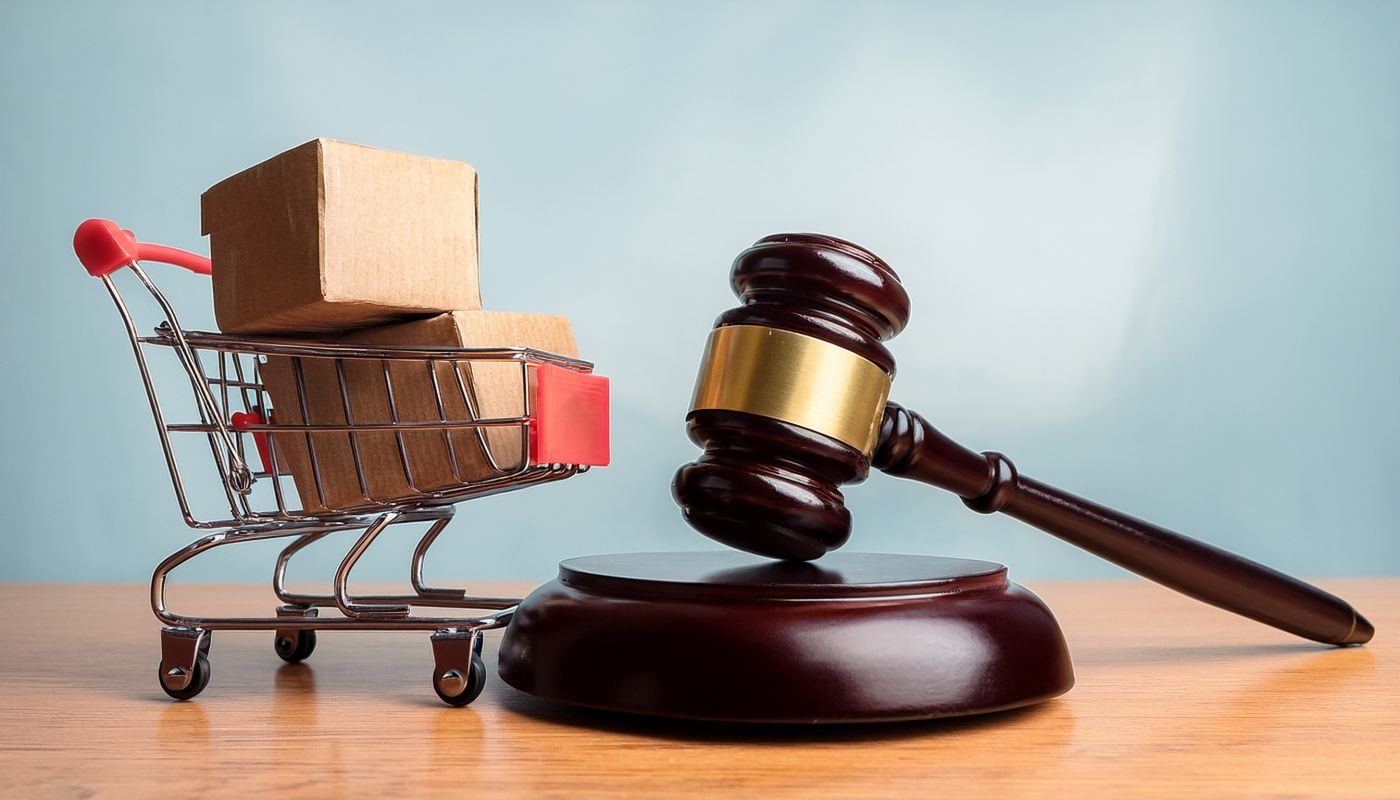
When people trust brokers or financial advisors to manage their investments, they expect their best interests to be the top priority. Unfortunately, that's not always the case. Sometimes, a broker might buy or sell securities without the client’s permission. This practice, called unauthorized trading, can devastate an investor’s portfolio.
Understanding what unauthorized trading is, how it happens, and what legal options investors have can help those affected protect their rights. Scott Hirsch Law Group, PLLC in Coconut Creek, Florida, can help you know the signs and your next steps.
Defining Unauthorized Trading
Unauthorized trading happens when a broker buys or sells securities without getting permission from the account holder. Unless a client has given written authorization for a broker to act without prior consent — usually through a "discretionary account" agreement — every transaction must be approved first.
There’s a clear legal and ethical obligation for brokers to follow their clients' wishes. When they don’t, they can be held liable for losses, regulatory penalties, and in some cases, criminal charges. Unauthorized trading is a major violation of securities laws and brokerage firm rules.
How Does Unauthorized Trading Happen?
Unauthorized trading can occur in many ways, some more obvious than others. Sometimes brokers act with good intentions, believing a trade is in the client’s best interest. Other times, they may act recklessly or even with the goal of earning higher commissions. Here are some common ways unauthorized trading happens:
Trading without express consent: A broker makes trades without discussing them with the client beforehand. In non-discretionary accounts, every single trade must be approved by the client before it’s executed. Even if a broker believes the move would benefit the client, acting without specific permission breaches their fiduciary duty.
Misrepresenting account status: A broker falsely claims that the client approved the trade when no such permission was given. In some cases, brokers may fabricate records or falsely state during audits or investigations that they had client authorization.
Pushing unauthorized strategies: A broker moves assets into investments that the client never agreed to, often involving more risk. This might include shifting a conservative investment plan toward speculative or volatile securities without permission.
"Churning" for commissions: A broker makes excessive trades just to rack up fees, without regard to the client’s goals. Churning is particularly abusive because it enriches the broker at the client’s expense. Frequent buying and selling can also disrupt the client’s long-term investment strategy and trigger additional tax burdens.
Each of these examples can result in serious financial harm and is grounds for legal action. Unauthorized trading strips clients of their control over their financial futures and often leaves them dealing with the fallout.
What Are the Signs That You Might Be a Victim of Unauthorized Trading?
Sometimes, unauthorized trading isn't obvious until major damage is done. If you think your broker may have acted without your permission, it helps to watch for key warning signs. Common indicators include:
Unexpected account activity: Transactions show up on your statements that you never discussed or approved.
Frequent or unusual trades: You notice more trading than normal, especially if it doesn’t match your investment strategy.
Changes in portfolio risk: Your investments have become much riskier than you agreed to.
Confusing or missing explanations: Your broker can’t clearly explain why certain trades were made.
Losses that don’t match market trends: You suffer significant losses even though the overall market is stable or rising.
Recognizing these signs early can help you take action before further harm is done.
Why Is Unauthorized Trading Such a Serious Issue?
Unauthorized trading isn't just unethical — it’s a direct violation of both the relationship between a client and a broker and several securities regulations. Brokerage firms are required to supervise their employees and make sure they only act within the scope of their clients' instructions. The consequences of unauthorized trading can include:
Financial losses: Unapproved trades can deplete your investment account and jeopardize your financial future.
Emotional distress: Dealing with financial betrayal can cause anxiety, stress, and other emotional hardships.
Tax issues: Unauthorized trades may trigger unexpected tax liabilities, making an already bad situation even worse.
Legal complications: Investors often need to pursue claims through arbitration or lawsuits, which can be time-consuming and stressful.
For these reasons, it’s critical to address unauthorized trading as soon as possible if you suspect it’s occurred.
What Are the Legal Protections Against Unauthorized Trading?
Thankfully, the law offers several ways for investors to fight back against unauthorized trading. Brokers are governed by strict rules, including the Financial Industry Regulatory Authority (FINRA) guidelines and the Securities Exchange Act of 1934. If they break those rules, clients have the right to seek compensation. Investors can seek legal relief through:
FINRA arbitration: Most brokerage agreements require disputes to go through arbitration rather than traditional court lawsuits.
Civil lawsuits: In some cases, a lawsuit in state or federal court might be appropriate to recover losses and additional damages.
Regulatory complaints: Filing a complaint with FINRA or the Securities and Exchange Commission (SEC) can lead to regulatory action against the broker or firm.
Internal firm processes: Some brokerage firms have internal dispute resolution programs that may help recover funds faster.
Each path has its pros and cons, but they all offer potential remedies for unauthorized trading victims.
What Should You Do If You Suspect Unauthorized Trading?
Taking swift action is key if you believe your broker has acted without your consent. Time isn’t on your side because statutes of limitations could limit your ability to recover damages if you wait too long. Steps to take include:
Review your account documents: Carefully check statements, trade confirmations, and emails for evidence of unauthorized transactions.
Contact the broker: Ask for a written explanation of the disputed trades and document all communications.
File a complaint: Notify the brokerage firm in writing about your concerns and request a formal investigation.
Preserve evidence: Keep copies of all account documents, emails, notes from conversations, and anything else that may support your claim.
Consult an attorney: Working with a civil litigation attorney experienced in financial disputes can greatly improve your chances of recovering damages.
The sooner you act, the better your chances of a favorable outcome.
How Do Brokers Try to Defend Against Unauthorized Trading Claims?
Not surprisingly, brokers and brokerage firms rarely admit to unauthorized trading. They often have several defenses ready to limit their liability. Knowing what you might encounter can help you prepare for the legal process ahead. Common defenses include:
Claiming implied consent: The broker argues that past actions showed you trusted them to make trading decisions without explicit permission.
Blaming the client: Some brokers accuse the client of failing to monitor their account closely or of giving vague instructions.
Pointing to market conditions: Brokers might suggest that fast-moving markets required quick action for the client’s benefit.
Asserting account terms: If the client signed certain agreements, the broker might argue they had authority to act without constant approval.
Anticipating these arguments is important when building a strong case against unauthorized trading.
Contact Us Today
Unauthorized trading is a serious breach of trust that can leave investors facing financial turmoil and emotional distress. Working with Scott Hirsch Law Group, PLLC can help you protect your interests and hold brokers accountable for the harm they cause. We serve clients in Coconut Creek, Florida, and nationwide. Reach out today to schedule a free consultation.



